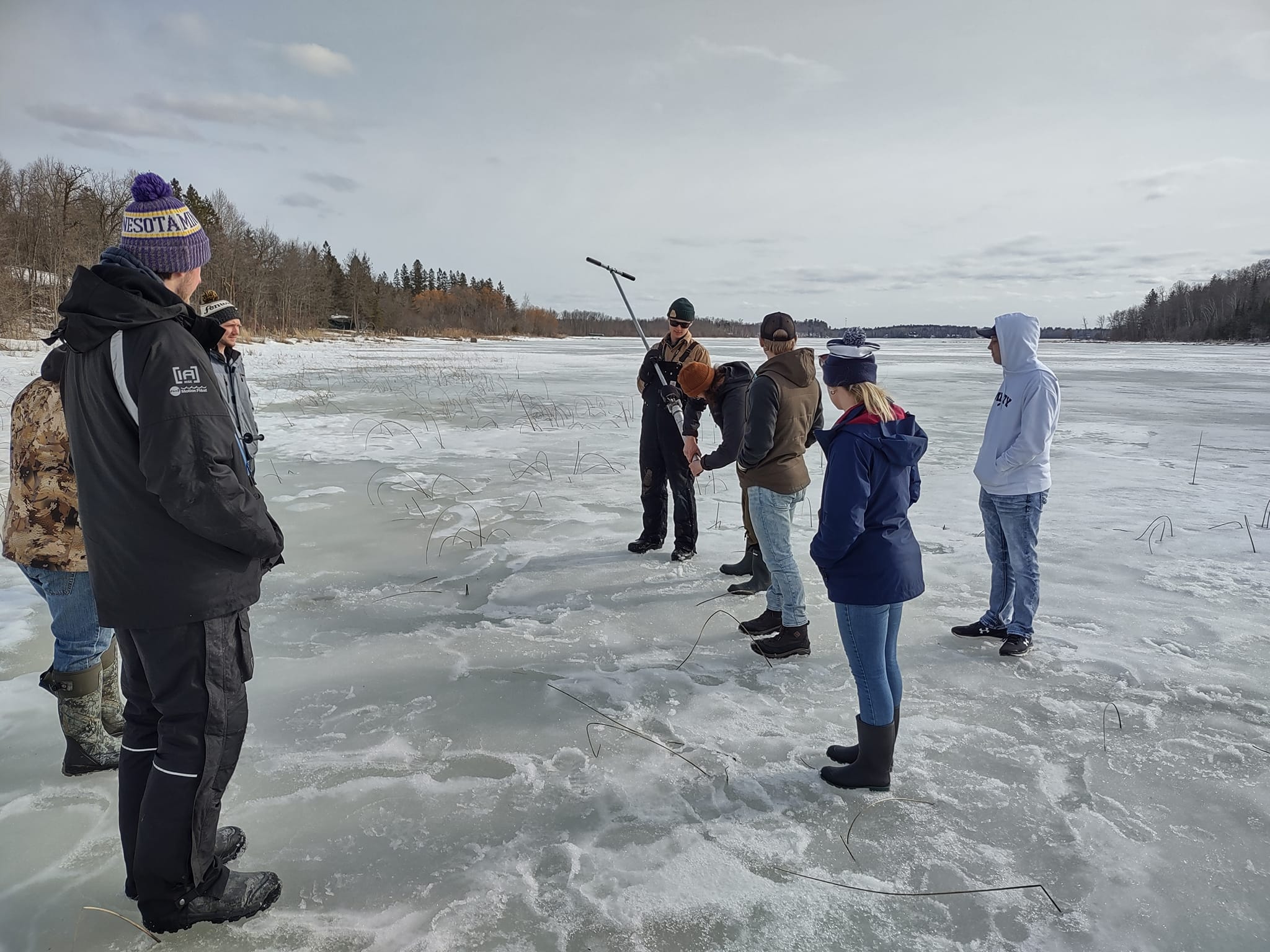The Environmental Studies B.S. offers students the chance to explore the natural world. Environmental scientists work toward defining and solving environmental problems caused by the actions of human beings.

Ecosystems Emphasis
Environmental scientists pursing the Ecosystem Studies emphasis seek to understand how natural resources are distributed across the landscape and how human interactions have altered this distribution by taking a variety of ecology, natural resources and physical science classes. Students pursing the Ecosystems Studies degree have conducted studies on how aspens are responding to climate change, how soil temperature profiles change with human interactions and how management actions impact the diversity of native species in grassland ecosystems. Students who have studied the Ecosystems Emphasis have gone on to careers at the natural resource agencies, private seed breeding companies and graduate schools across the country.
For more information on the courses in this program, visit the course catalog.
Environmental Health and Toxicology Emphasis
Students pursing the Environmental Health and Toxicology emphasis seek to understand how human activities impact environmental quality. Topics of interest to Environmental Health and Toxicology students include the occurrence and distribution of agricultural chemicals in surface waters, nutrient loading to surface waters, fate of oil released from our energy distribution system and occurrence of industrial chemicals in consumer products. Students who have earned the Environmental Health and Toxicology degree have gone on to careers at the Minnesota Pollution Control Agency, County Soil and Water Conservation Districts, Tribal Agencies, the United States Geological Survey, site assessment firms and graduate schools across the country.
For more information on the courses in this program, visit the course catalog.
Geohydrology Emphasis
Water drives the presence and abundance of life on Earth and human actions have greatly impacted the availability of these water resources. Students pursuing the Geohydrology emphasis will gain an in-depth understanding of water quantity management issues that our global and local communities face. By enrolling in this emphasis, students will complete courses that focus on the impact of human activities on how water is distributed and managed across the surface and within the Earth. Ultimately, this emphasis will prepare students for careers with non-profit organizations, tribal, local, state and federal government agencies or private industry.
For more information on the courses in this program, visit the course catalog.
